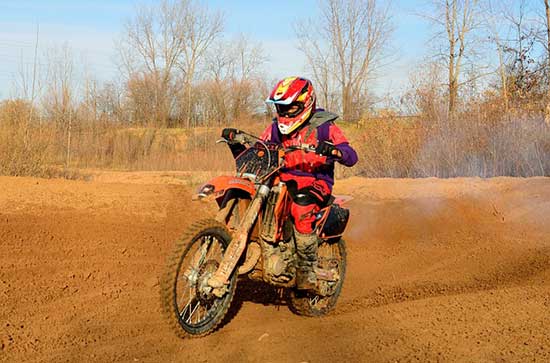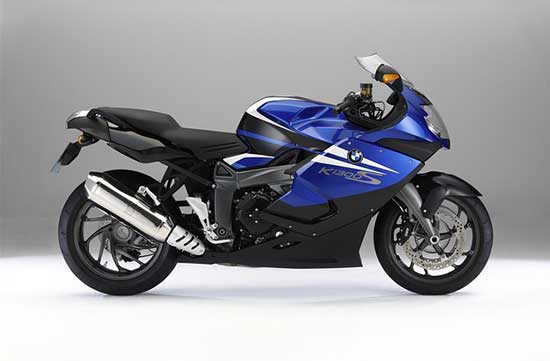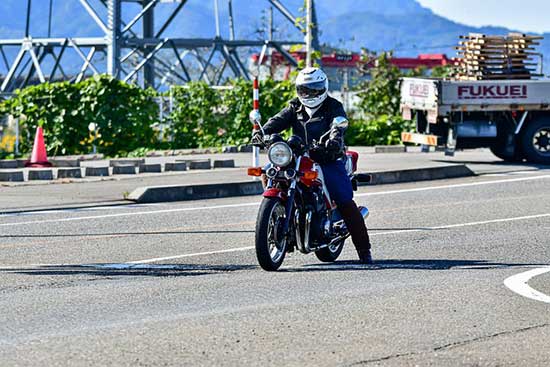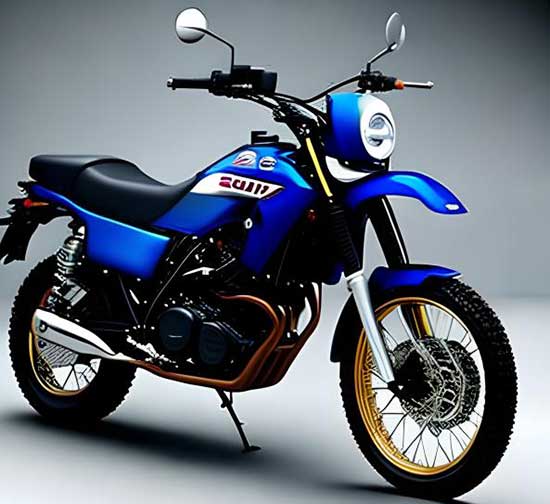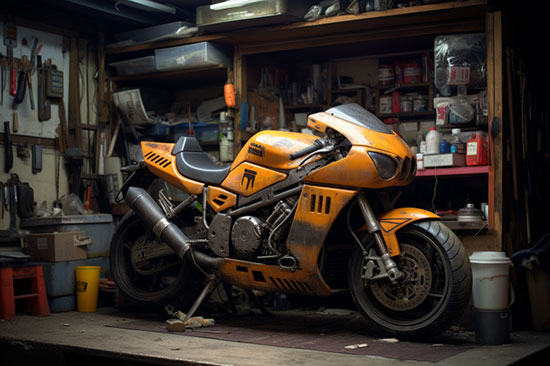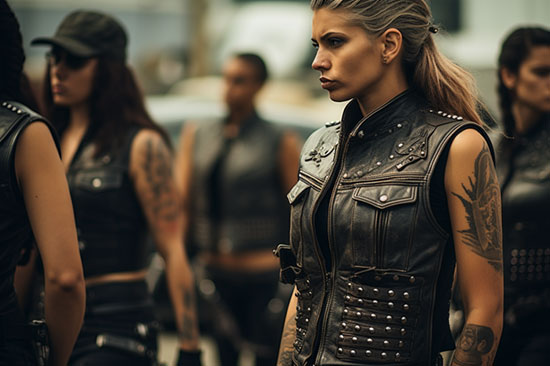If you’re a motorcycle enthusiast or in the market for a motorcycle, one of the critical things you need to consider is the horsepower of the bike.
Horsepower is a measure of the power an engine can produce, and it plays a crucial role in a motorcycle’s performance.
Contents
Understanding Horsepower
Before we dive into the specifics of motorcycle horsepower, let’s first understand what horsepower is.
A horsepower is a unit of power that measures the rate at which work is done. In the case of motorcycles, horsepower is the power output of the engine, which translates into the ability to accelerate and reach high speeds.
A higher horsepower rating means that the engine can produce more power, allowing the motorcycle to perform better.
Factors That Affect Motorcycle Horsepower
Several factors affect motorcycle horsepower, including the size and type of engine, the weight of the bike, and the bike’s aerodynamics. Let’s take a closer look at these factors:
Engine Size and Type
The size and type of engine significantly impact a motorcycle’s horsepower. Generally, the larger the engine, the higher the horsepower.
Similarly, the type of engine also plays a role. For example, a V-twin engine typically produces more horsepower than a single-cylinder engine.
Bike Weight
The weight of a motorcycle also affects its horsepower. A heavier bike requires more power to move, which can result in a lower horsepower-to-weight ratio. A lighter bike, on the other hand, can achieve higher speeds and acceleration due to a higher horsepower-to-weight ratio.
Aerodynamics
Aerodynamics is another critical factor that affects motorcycle horsepower. The shape and design of the bike significantly impact its ability to move through the air.
A bike with good aerodynamics can achieve higher speeds with less power, resulting in a higher horsepower-to-speed ratio.
How Much Horsepower Does a Motorcycle Need?
Now that we understand the factors that affect motorcycle horsepower let’s answer the question: how much horsepower does a motorcycle need?
The answer to this question depends on several factors, including the rider’s experience level, the intended use of the motorcycle, and personal preference.
Rider Experience
For inexperienced riders, a motorcycle with lower horsepower may be a better option. This is because bikes with a higher horsepower can be more challenging to handle and require more skill to control.
It’s essential to consider your experience level when selecting a motorcycle to ensure your safety.
Intended Use
The intended use of the motorcycle also plays a role in determining the necessary horsepower. If you plan on using the motorcycle for daily commuting, a lower-horsepower bike may be sufficient.
However, if you plan on taking long road trips or participating in racing events, a higher-horsepower bike may be necessary to meet your needs.
Personal Preference
Personal preference is also a factor to consider when selecting a motorcycle. Some riders prefer bikes with higher horsepower for the thrill of speed and acceleration, while others prefer lower horsepower for more relaxed and comfortable riding.
Popular Motorcycle Horsepower Ranges
While the necessary horsepower of a motorcycle depends on several factors, below are some popular horsepower ranges for different types of motorcycles:
Sport Bikes
Sport bikes typically have higher horsepower ratings, ranging from 100 to 200 horsepower. These bikes are designed for speed and acceleration and are popular among racing enthusiasts.
Cruiser Bikes
Cruiser bikes typically have lower horsepower ratings, ranging from 40 to 100 horsepower. These bikes are designed for comfortable and relaxed riding and are popular among touring riders.
Off-Road Bikes
Off-road bikes typically have lower horsepower ratings, ranging from 20 to 60 horsepower. These bikes are designed for off-road use and require more torque than horsepower.
Standard Bikes
Standard bikes typically have horsepower ratings ranging from 50 to 100 horsepower. These bikes are versatile and can be used for daily commuting, touring, or even off-road riding.
Conclusion
The necessary horsepower of a motorcycle depends on several factors, including engine size and type, bike weight, aerodynamics, rider experience, intended use, and personal preference.
It’s essential to consider these factors when selecting a motorcycle to ensure that you choose a bike that meets your needs and preferences.
Whether you prefer the thrill of high-horsepower sport bikes or the comfort of low-horsepower cruiser bikes, there is a motorcycle out there for you.
FAQs
- What is the average horsepower of a motorcycle?
- The average horsepower of a motorcycle varies depending on the type of bike. Sport bikes have higher horsepower ratings, typically ranging from 100 to 200 horsepower, while cruiser bikes have lower horsepower ratings, ranging from 40 to 100 horsepower.
- How much horsepower is too much for a motorcycle?
- The amount of horsepower that is too much for a motorcycle depends on the rider’s experience level and intended use of the bike. For inexperienced riders or daily commuting, a lower horsepower bike may be a better option.
- Does more horsepower mean a faster motorcycle?
- Yes, more horsepower means that the motorcycle can produce more power, which translates into the ability to accelerate and reach high speeds.
- Can you increase the horsepower of a motorcycle?
- Yes, you can increase the horsepower of a motorcycle by modifying the engine or adding aftermarket parts.
- What is the difference between torque and horsepower?
- Torque is a measure of the rotational force produced by an engine, while horsepower is a measure of the power output of the engine. Torque is essential for acceleration, while horsepower is essential for achieving high speeds.

